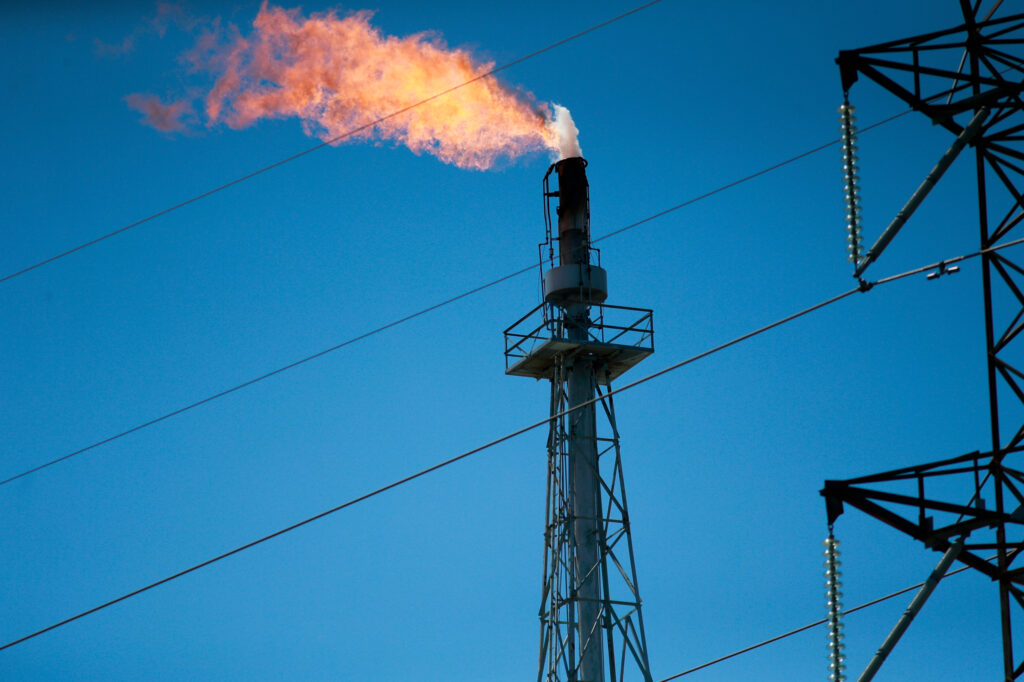After years of research, a team of experts in the US believe they have discovered a process that turns one of the most harmful greenhouse gases into a clean-burning fuel.
Scientists have conducted a series of experiments to try and crack a decade-spanning mystery – how to harness the potential of methanotropic bacteria.
The organism consumes around 30m metric tons of methane each year, and has a natural ability to convert this into a usable fuel, methanol, which is considered a clean-burning, sustainable fuel source, producing far lower emissions and greater efficiency from combustion engines than current options.
In order to activate the reaction, the bacteria relies on an enzyme, particulate methane monooxygenase (pMMO), but how this works exactly has baffled scientists for years. While it has been possible to study the enzyme itself, traditional approaches involve harsh detergent solutions that stop the enzyme working, leaving teams with very little to work with.
Now, experts at Northwestern University, US, have published ground-breaking research in the journal ‘Science’, which they believe could lead to the development of human-made biological catalysts, which create the same reaction and as a result produce methanol, potentially at scale. Work involved using lipids from the bacteria to form a membrane within a protective particle, the nanodisc, and embedding the enzyme there.
“By recreating the enzyme’s native environment within the nanodisc, we were able to restore activity to the enzyme,” said first author and PhD candidate Christopher Koo, who worked on the project under Amy Rosenzweig, the Weinberg Family Distinguished Professor of Live Sciences at Northwestern’s Weinberg College of Arts and Sciences.
In related news, researchers at the University of Cambridge, UK, have created a high-efficiency solar power source using ‘nano skyscrapers’ as a habitat for cyanobacteria.
Image credit: Northwestern University















